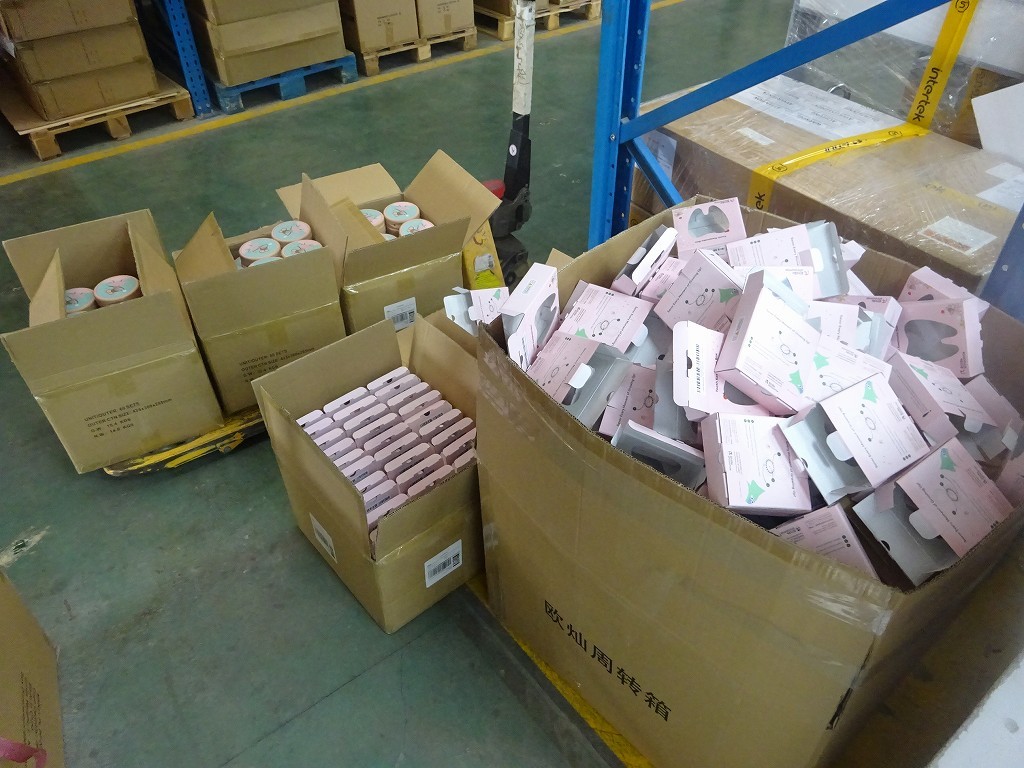Contents
- 1 Introduction:
- 2 The Importance of Quality Control in Product Development
- 3 The Role of Third-Party Inspection Companies in China
- 4 Collaboration Framework: Best Practices for Client-Inspection Company Partnership
- 5 Case Studies: Success Stories of Collaborative Quality Control Initiatives
- 6 Conclusion:
Introduction:
In an era of globalized manufacturing, ensuring product quality is paramount for businesses seeking to maintain a competitive edge. For companies engaged in the development of new products in China, collaborating with third-party inspection firms offers a strategic approach to quality control. This article explores the benefits of such collaboration and highlights the key aspects of effective partnership between clients and third-party inspection companies.
The Importance of Quality Control in Product Development
Quality control is a critical aspect of product development, influencing customer satisfaction, brand reputation, and market success. In today’s dynamic business landscape, where consumer expectations are continually evolving, maintaining stringent quality standards is non-negotiable. From ensuring product safety and performance to adhering to regulatory requirements, effective quality control measures are essential at every stage of the development process.
The Role of Third-Party Inspection Companies in China
Third-party inspection companies play a pivotal role in facilitating quality control for businesses operating in China’s manufacturing sector. These specialized firms offer independent, unbiased assessment services, helping clients mitigate risks and maintain consistency in product quality. Leveraging their expertise in various industries and extensive knowledge of local regulations and standards, third-party inspection companies provide invaluable support to clients seeking to navigate the complexities of the Chinese market.
Collaboration Framework: Best Practices for Client-Inspection Company Partnership
Establishing a successful partnership between clients and third-party inspection companies requires a structured framework built on trust, communication, and shared goals. Key elements of an effective collaboration include:
a. Clear Objectives and Expectations: Define the scope of work, quality criteria, and inspection protocols upfront to align expectations and ensure clarity on deliverables.
b. Transparent Communication: Maintain open channels of communication to facilitate real-time feedback, address concerns, and resolve issues promptly. Regular meetings and progress updates enhance collaboration and foster a culture of accountability.
c. On-Site Presence and Oversight: Encourage active participation and on-site involvement during the inspection process to gain firsthand insights into production facilities, identify potential risks, and make informed decisions.
d. Data-Driven Insights and Reporting: Utilize advanced data analytics and reporting tools to capture and analyze inspection findings, trends, and performance metrics. Actionable insights enable continuous improvement and informed decision-making throughout the product development lifecycle.
Case Studies: Success Stories of Collaborative Quality Control Initiatives
To illustrate the impact of collaboration between clients and third-party inspection companies, consider the following case studies:
a. Electronics Manufacturing: A multinational technology company partners with a third-party inspection firm to conduct comprehensive quality assessments of electronic components sourced from China. Through proactive monitoring and rigorous testing, the collaboration ensures adherence to quality standards, resulting in enhanced product reliability and customer satisfaction.
b. Textile Industry: A fashion retailer collaborates with a third-party inspection company to oversee the production of garments in Chinese factories. By implementing stringent quality control measures and supplier audits, the partnership enables the client to maintain consistency in product quality, streamline supply chain operations, and meet stringent regulatory requirements.
c. Automotive Sector: An automotive manufacturer engages a third-party inspection company to verify the quality and safety of vehicle parts manufactured in China. Through on-site inspections, product testing, and quality assurance audits, the collaboration helps identify and address potential defects, ensuring compliance with industry standards and regulatory mandates.
Conclusion:
In a rapidly evolving business landscape, collaboration between clients and third-party inspection companies in China offers a strategic approach to product quality control and assurance. By leveraging the expertise and resources of inspection firms, businesses can mitigate risks, enhance operational efficiency, and deliver products that meet the highest standards of quality and reliability. Through transparent communication, data-driven insights, and a commitment to excellence, collaborative partnerships pave the way for sustainable growth and success in the competitive global marketplace.






